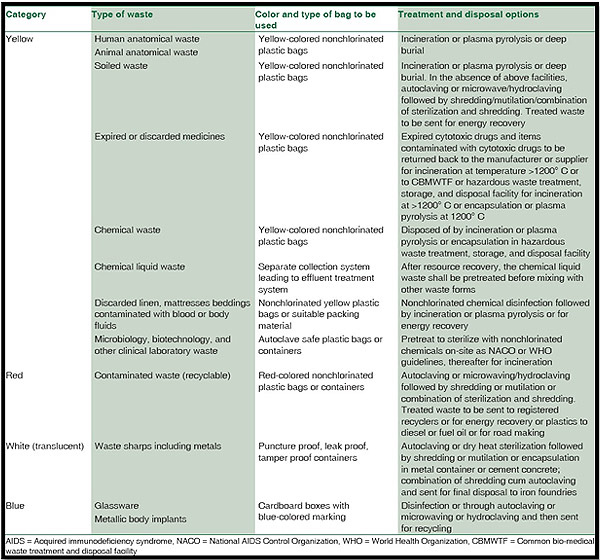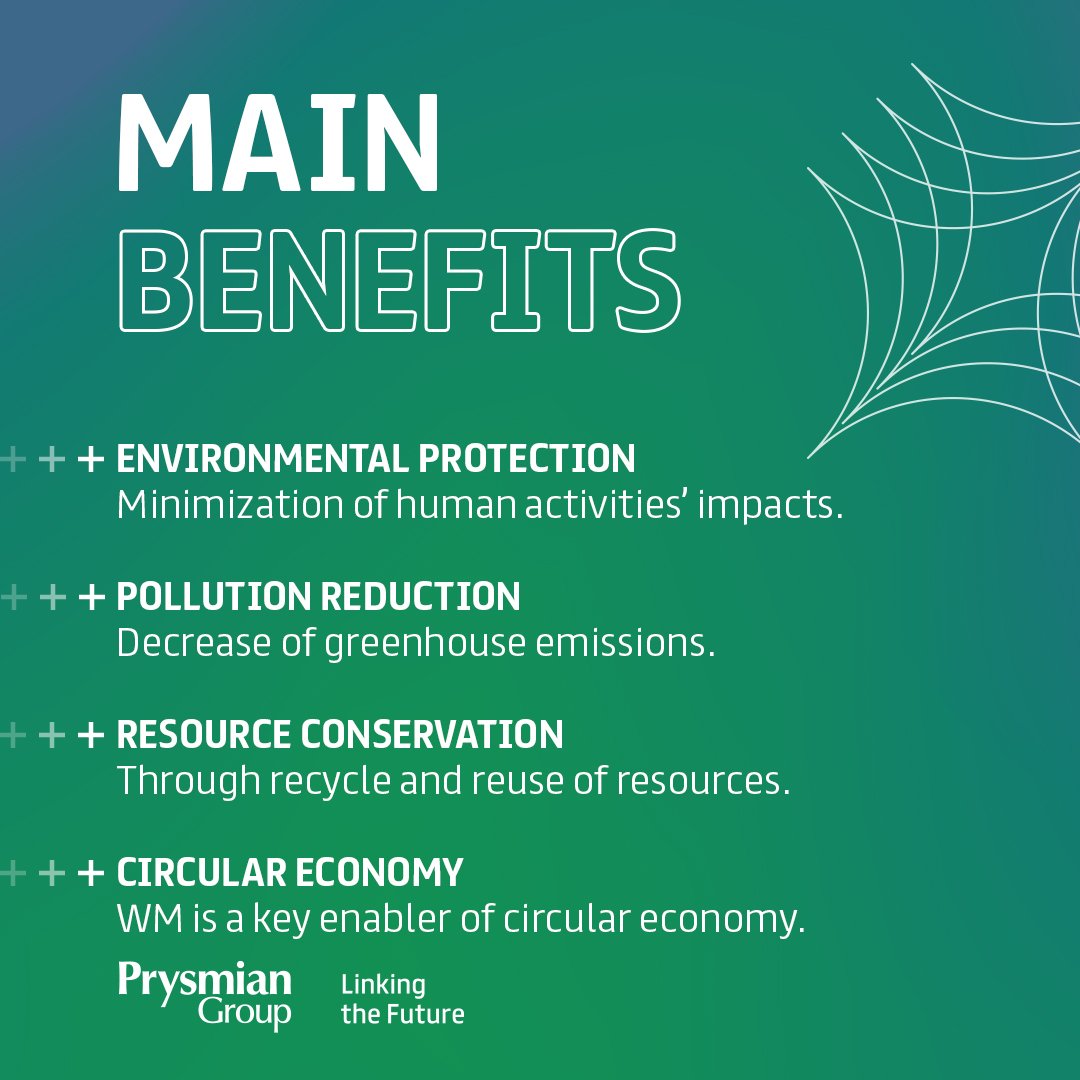See This Report about Reclaim Waste
Table of ContentsWhat Does Reclaim Waste Do?Our Reclaim Waste PDFsThe Only Guide for Reclaim WasteRumored Buzz on Reclaim WasteThe Ultimate Guide To Reclaim Waste
Explore the types, events, and kinds of liquid waste. Residential sewer waste describes the waste and products from a residential sewage-disposal tank. This sort of waste is produced by humans in houses, schools, and various other structures. This only includes septic tanks that have a drainpipe area. The proper management and disposal of residential sewer waste need fluid waste to be transferred to a sewage therapy plant where the proper approaches and devices are put on cleanse and get rid of waste.
Business waste often includes possible risks, such as combustible materials or a mix of fluid and strong waste items, and needs an advanced and detailed disposal process. The disposal of business waste usually entails the filtration of waste before transport to make sure secure and proper disposal. Industrial waste is produced from results and overflow of industrial processes and manufacturing.
This kind of waste can not make use of the very same sewage monitoring transport or procedures as septic or commercial fluids. The industrial waste administration procedure calls for the evaluation and testing of liquid waste before it goes through the disposal procedure (industrial wastewater treatment). Runoff waste is the liquid waste that comes from runoff and excess stormwater in highly inhabited areas or cities
Overflow waste can create contamination and flooding if not handled correctly. Find out more concerning sewage system cleansing and waste administration. Making certain correct waste monitoring can protect against calamities and lower ecological damage. Both people in property settings and professionals in commercial or production markets can gain from comprehending the processes and guidelines of fluid waste administration.
4 Simple Techniques For Reclaim Waste
Contact PROS Providers today to discover our waste management and disposal solutions and the proper ways to look after the liquid waste you create.
This supposed 'wastewater' is not only a vital source but, after therapy, will be released to our land, waterways or the ocean. Made use of water from toilets, showers, baths, kitchen sinks, washings and industrial procedures is known as wastewater.

water utilized to cool down machinery or clean plant and devices). Stormwater, a kind of wastewater, is drainage that streams from farming and metropolitan locations such as roof coverings, parks, gardens, roadways, paths and seamless gutters into stormwater drains pipes, after rain. Stormwater moves without treatment directly to regional creeks or rivers, at some point reaching the sea.
All About Reclaim Waste
In Queensland, many wastewater is dealt with at sewer treatment plants. Wastewater is delivered from residential or industrial sites through a system of drains and pump stations, referred to as sewage reticulation, to a sewer therapy plant. Neighborhood federal governments build, keep and operate most sewage treatment plants. Operators are licensed under the Environmental Management Act 1994 to discharge cured wastewater at an appropriate ecological standard into rivers.
The Division of Natural Resources advises local governments concerning handling, operating and preserving sewerage systems and therapy plants. In unsewered areas, local governments may require householders to mount private or household sewer therapy systems to treat domestic wastewater from toilets, kitchen areas, restrooms and laundries. The Division of Natural Resources authorizes making use of family systems when they are shown to be effective.
Many stormwater receives no therapy. In some brand-new class, therapy of some stormwater to remove clutter, sand and crushed rock has started using gross pollutant you could try here traps. Wastewater treatment takes place in four stages: Removes solid matter. Larger solids, such as plastics and other things wrongly discharged to drains, are eliminated when wastewater is travelled through screens.
Wastewater then streams into huge tanks where solids settle and are removed as sludge. Grease and scum are skimmed from the surface. Utilizes small living organisms called micro-organisms to break down and get rid of remaining liquified wastes and great bits. Micro-organisms and wastes are incorporated in the sludge. Gets rid of nitrogen and phosphorus nutrients that can trigger algal blossoms in our waterways and intimidate aquatic life.
Not known Facts About Reclaim Waste
Nutrient elimination is not readily available in all sewage treatment plants since it needs costly specialized devices. It is becoming much more typical in Queensland. Clear fluid effluent produced after treatment may still contain disease-causing micro-organisms. If this effluent is launched into waterways such as rivers or the sea, the micro-organisms will at some point pass away out.

Many wastewater flows right into the sewerage system. Under the Act, local governments carry out approvals and permits for eco relevant tasks (ERAs) entailing wastewater launches that could have a regional impact.
The 45-Second Trick For Reclaim Waste
Tracking gives valid information regarding water top quality and can validate that permit problems are being met. The information obtained through surveillance offers the basis for making water high quality decisions.
Comments on “Not known Factual Statements About Reclaim Waste”